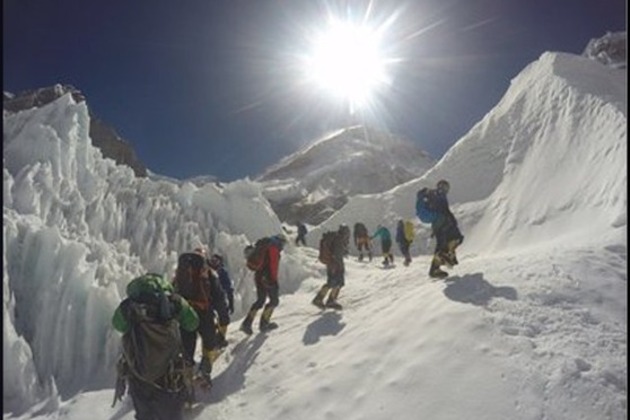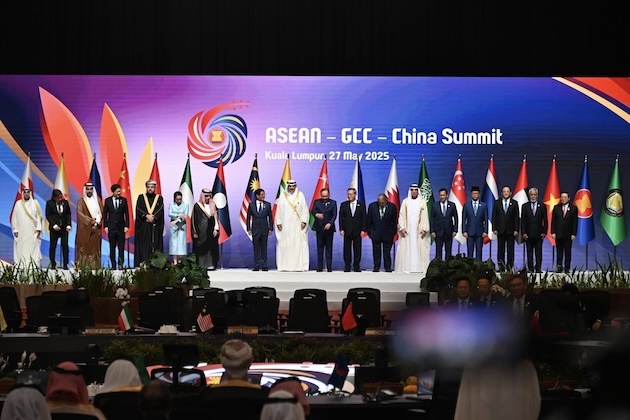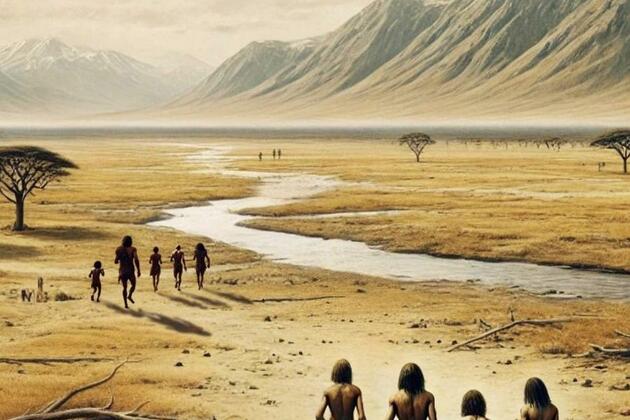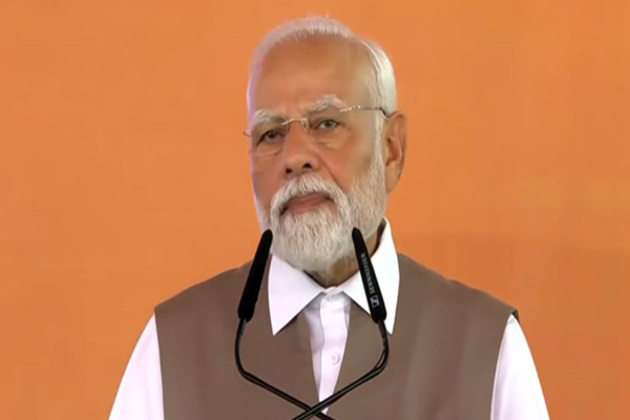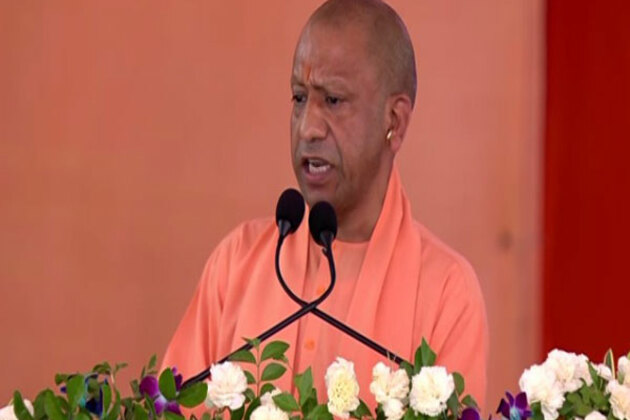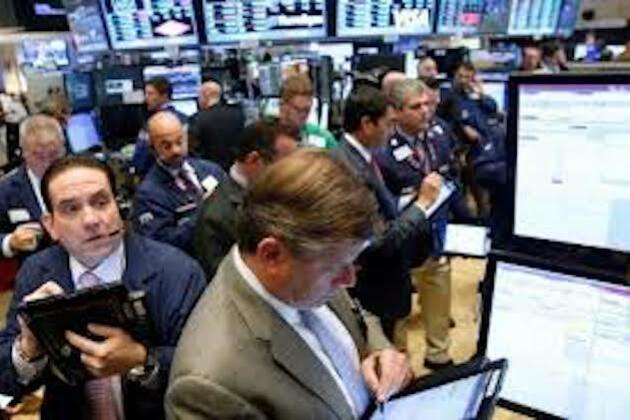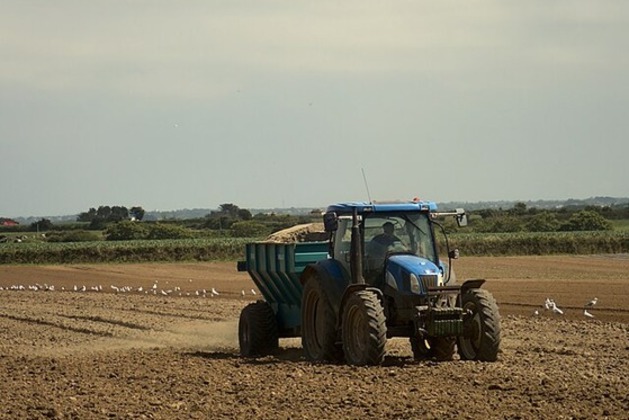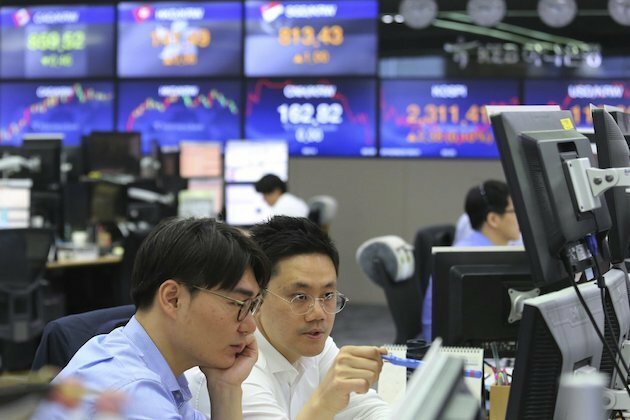Rich countries have a moral duty to share their COVID-19 vaccines
The Conversation
01 May 2021, 00:13 GMT+10
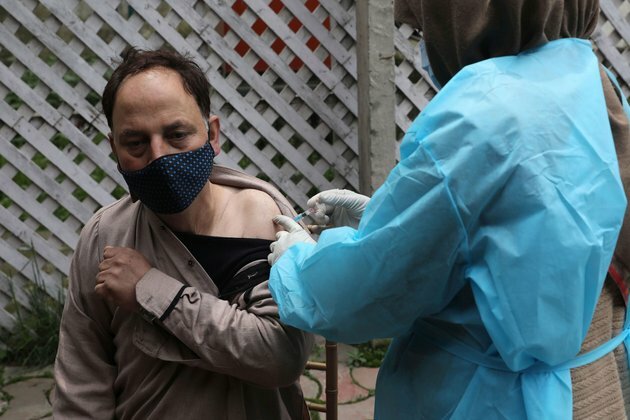
Usually, World Immunisation Week is a chance for those of us who research vaccines to reinforce the message about their importance in saving lives. From whooping cough to polio, measles to meningitis, vaccines have quietly been saving millions of lives, every year, for decades.
Usually, nobody really cares or takes notice. However, 2021 is different. In this last year, we've heard a lot about public health science, from how diseases take root and are spread, to how new drug therapies - including vaccines - are developed, trialled and monitored for safety and impact after their rollout. People are aware that COVID-19 vaccines are saving lives - hundreds of thousands globally.
Normally, I'd want to join in celebrating this increased awareness of immunisation - outdoors in a group of six or less, of course. But despite our success developing COVID-19 vaccines, we need to confront a hard truth: globally, there aren't enough doses in people's arms. Nor are vaccines being spread widely enough across the world. Over 1 billion doses have been given in a matter of months, but still more than 90% of the world's population haven't been protected.
More vaccines must go where they're needed
This week, I've watched on in horror at over 2 million new cases of coronavirus in India, with more than 20,000 documented COVID-19 deaths - a figure likely to underestimate the true toll. In Brazil, there have been 400,000 cases and approximately 17,000 deaths; in the WHO European region, 1 million cases and over 20,000 deaths. Numbers so high it's almost impossible to fathom.
While we consider exiting lockdown, in many parts of the world the pandemic rages on. Case numbers have fallen to low levels in the UK, but cumulatively worldwide they are growing higher and higher each week. For much of humanity, this means time is running out.
We are seeing health systems overwhelmed in India, as they have been in Brazil. I look at the news pictures of my Indian medical colleagues and fear for them as they run out of oxygen for sick patients, of whom there are so many that some die on the hospital doorstep.
We must not sit back and watch this unfold. As we reach a point where many high-income countries have vaccinated the most vulnerable in their populations, we have a moral duty to ensure that vaccines are shared, so that the most vulnerable in all societies get vaccinated now. We cannot look back in the future and know we had the power to do more today.
Wider distribution benefits everyone
For the few governments around the world who have the power to share vaccines - such as the US and the UK, who are well on the way to high coverage and have hundreds of millions of further doses ordered - the moral argument for making international donations can be difficult. These governments are, rightly, primarily responsible for their own populations.
However, sharing vaccines is key for our own nations' self-interest. It is needed for our health security, by preventing spread and emergence of new variants, which are more likely to arise when infections are out of control as the coronavirus can mutate when it reproduces. Increasing worldwide vaccine coverage will also help our economy by opening up trade, and allow those politicians who aspire to be global actors to have their day.
And it's not just today we need to worry about. Health systems that are overwhelmed are unable to deliver normal services, meaning that key services, such as childhood immunisations, have been knocked significantly in many parts of the world. Last year there were more measles deaths globally than at any time in the past 20 years: over 200,000 - from one of the most preventable causes of child mortality.
Yes, the global scientific endeavour in vaccine development is astonishing, but we must not be complacent: the pandemic is growing, and the vast majority of people aren't protected, especially in countries where things are currently escalating. We urgently need to get vaccines to these people - to protect them, global health systems and us.
Author: Andrew Pollard - Professor of Paediatric Infection and Immunity, University of Oxford 
 Share
Share
 Tweet
Tweet
 Share
Share
 Flip
Flip
 Email
Email
Watch latest videos
Subscribe and Follow
Get a daily dose of Malaysia Sun news through our daily email, its complimentary and keeps you fully up to date with world and business news as well.
News RELEASES
Publish news of your business, community or sports group, personnel appointments, major event and more by submitting a news release to Malaysia Sun.
More InformationSoutheast Asia
SectionXenon gas treatment helps climbers reach Everest faster and cleaner
KATHMANDU, Nepal: Using xenon gas treatment and new technology is making climbing Mount Everest faster and better for the environment...
ASEAN Reaffirms Commitment to Myanmar Peace Process, Urges Ceasefire Extension
KUALA LUMPUR, Malaysia - At a meeting on Tuesday in the Malaysian capital, Kuala Lumpur, ASEAN leaders reiterated their commitment...
Ancient genomes shed light on human prehistory in East Asia
BEIJING, May 30 (Xinhua) -- Chinese scientists have made groundbreaking discoveries about East Asia's ancient populations by analyzing...
"Dushman kahin bhi ho, honk diya jayega": PM Modi assures strong response to every terrorist attack
Kanpur (Uttar Pradesh) [India], May 30 (ANI): Prime Minister Narendra Modi on Friday issued stern warning to Pakistan for 'sponsoring'...
Sanjay Kumar Jha-led all-party delegation pays tribute to Mahatma Gandhi in Jakarta
Jakarta (Indonesia), May 30 (ANI): The all-party parliamentary delegation led by JD(U) MP Sanjay Kumar Jha, currently on an official...
Operation Sindoor a great example of Atmanirbhar Bharat: UP CM Yogi Adityanath in Kanpur
Kanpur (Uttar Pradesh) [India], May 30 (ANI): Uttar Pradesh Chief Minister Yogi Adityanath highlighted on Friday how Operation Sindoor,...
Business
SectionVolvo cuts 3,000 jobs amid trade tensions and economic uncertainty
FRANKFURT, Germany: Volvo Cars, based in Sweden, is cutting 3,000 jobs to reduce costs as the automobile industry struggles with trade...
Amid losses, Nissan bets on e-Power hybrid to revive US sales
YOKOSUKA, Japan: Facing mounting losses and global restructuring, Japan's Nissan Motor Corp. is turning to its unique e-Power hybrid...
Wall Street ends volatile day higher
NEW YORK, New York - U.S. stock markets see-sawed Thursday as the judicial system became a key player in Donald Trump's trade wars....
French farmers jam Paris roads in push for eased regulations
PARIS, France: French farmers brought traffic to a crawl around Paris and gathered outside the National Assembly on May 26, using their...
Amid trade tensions, France, Vietnam ink deals worth $10 billion
HANOI, Vietnam: Amid shifting global trade dynamics and growing concerns over U.S. tariffs, France and Vietnam have signed more than...
Wall Street has relapse Wednesday, after Tuesday's heady gains
NEW YORK, New York - U.S. stocks were weaker Wednesday, following Tuesday's heady gains when the Dow Jones jumped 741 points. Bond...

